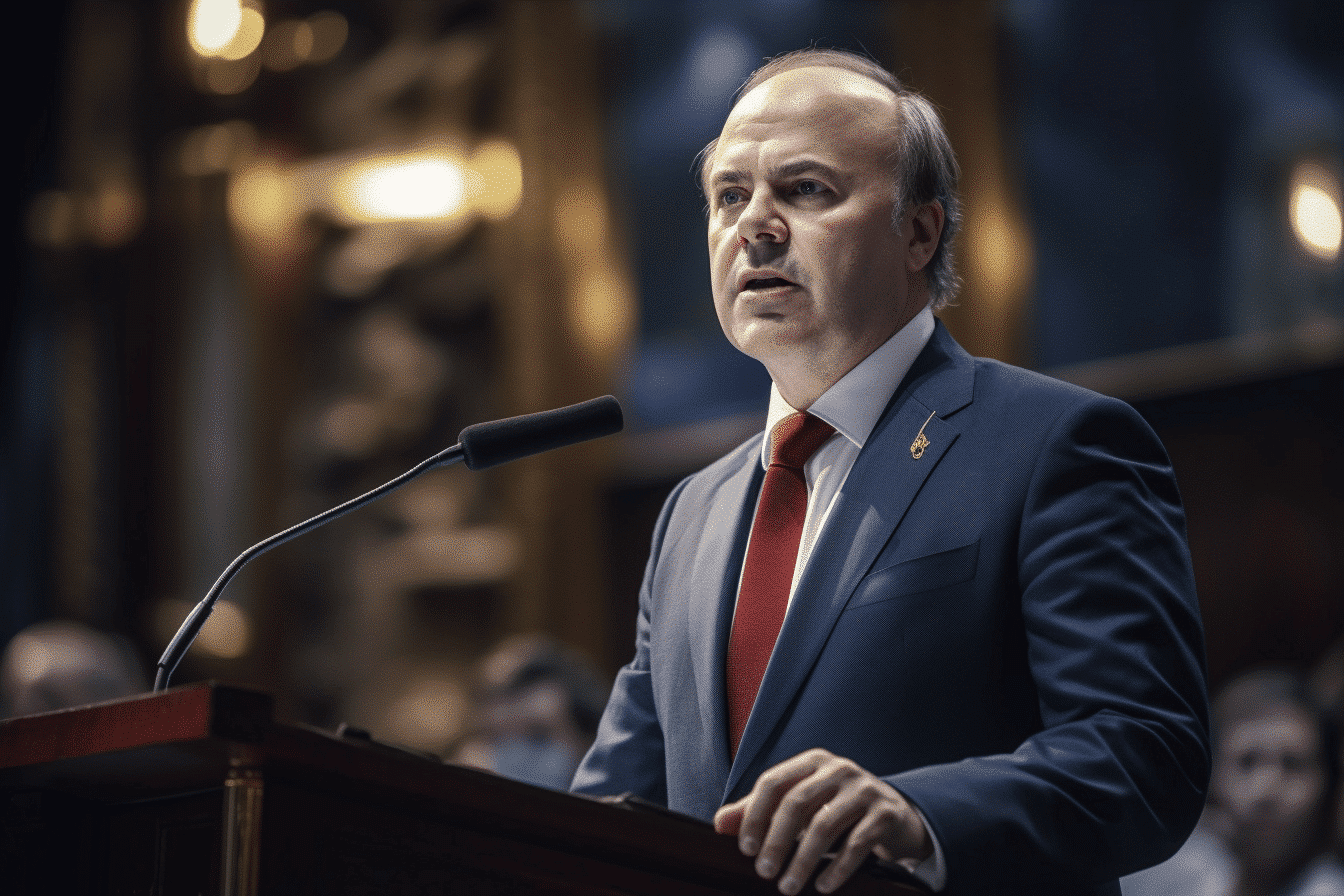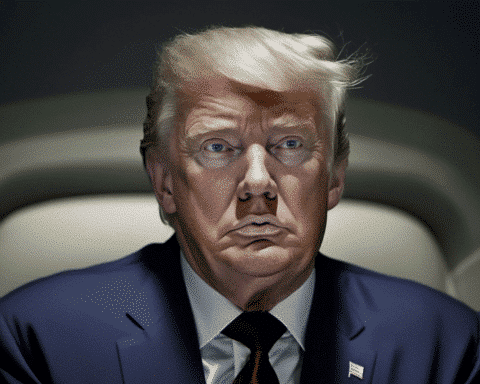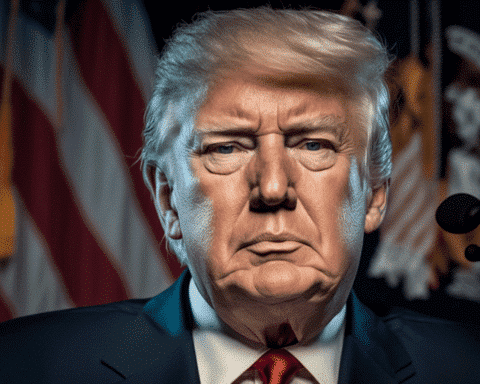The attorney for former Justice Department official Jeffrey Clark argued that Clark was operating within his official capacity when he penned a letter raising concerns over alleged issues in Georgia’s 2020 election. The defence is seeking to have Clark’s case transferred to federal court.
Clark is among 19 individuals, including former President Donald Trump, who have been indicted for their alleged roles in a broad conspiracy aimed at overturning President Joe Biden’s 2020 electoral win. All defendants have pleaded not guilty to the charges.
U.S. District Judge Steve Jones, who earlier this month denied a similar transfer request from former White House Chief of Staff Mark Meadows, oversaw the hearing on the jurisdiction of Clark’s case. Clark was not present in the courtroom, but his legal team represented him.
Last week, Clark’s lawyers submitted a statement detailing his work in the Justice Department, but Judge Jones decided not to consider it after the prosecution raised questions about its verifiability.
Prosecutors maintain that Clark’s letter, written after the 2020 election, falsely claimed that the Department of Justice had discovered “significant concerns” affecting election outcomes in multiple states, including Georgia. According to prosecutors, senior Justice Department officials had advised Clark that his claims were false and outside the department’s purview.
Clark’s attorney, Harry MacDougald, framed the situation as a difference of legal opinion. He argued that it was not within a state prosecutor’s jurisdiction to sift through internal Justice Department discussions and select who to indict.
When questioned by Judge Jones, MacDougald indicated that Clark, who held two assistant attorney general positions at the time, could have communicated directly with the president if contacted by him. MacDougald also stated that a January 2021 White House meeting with Trump supported their defence, claiming that the president had implicitly endorsed Clark’s actions.
MacDougald rejected the idea that federal authorities had no jurisdiction over state elections, noting that the Justice Department was already investigating allegations of election fraud before Clark’s involvement.
Prosecutor Jody Hunt testified that Clark’s division had no responsibility for investigating election-related matters. Another prosecutor, Donald Wakeford, argued that Clark had not provided evidence to support that his actions were either authorized by Trump or that Trump had such authority.
Judge Jones emphasized that he would consider each defendant’s request for a jurisdictional change separately. He is also set to hear from three Georgia Republicans who have been accused of falsely certifying Trump as the state’s winner.
Mark Meadows, who is appealing Judge Jones’ ruling against his jurisdictional transfer, testified at length last month about his role and activities during the post-election period.
The significance of transferring to a federal court includes a more geographically diverse jury pool and a non-televised trial, as cameras are not allowed in federal courtrooms. However, it would not enable future presidential pardons as any convictions would still be under state law.
Clark, who is named as an unnamed co-conspirator in a separate indictment filed by special counsel Jack Smith against Trump, has not been charged in that case. Federal agents searched his Virginia home in the summer of 2022, leading to a video circulating of him in handcuffs in his driveway.
In a case that continues to draw national attention, the legal battles surrounding the 2020 presidential election show little sign of abating. Judge Jones has indicated a prompt ruling is forthcoming, potentially setting a precedent for other defendants seeking jurisdictional transfers. With the political landscape remaining highly charged, the outcome of this case and others like it could have far-reaching implications, not just for the individuals involved, but also for the broader understanding of the relationship between federal and state powers in election-related matters.




